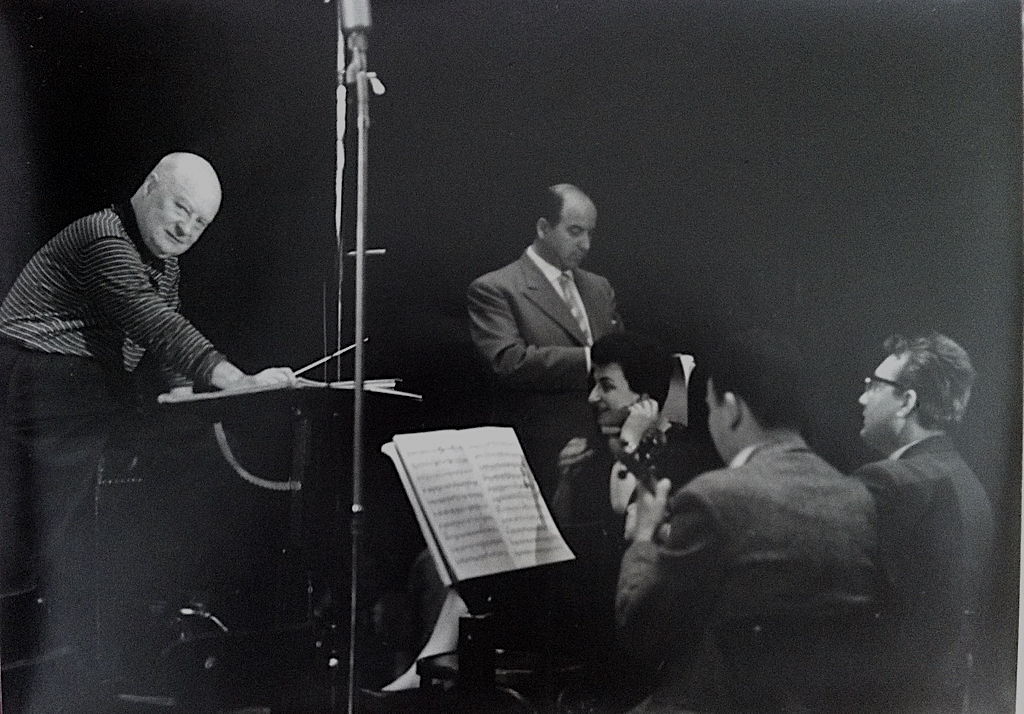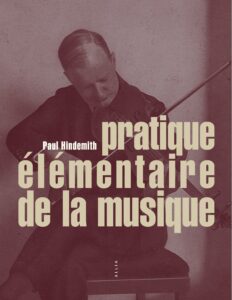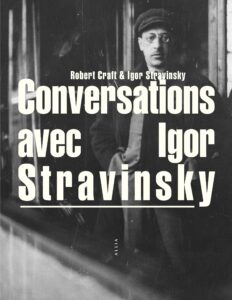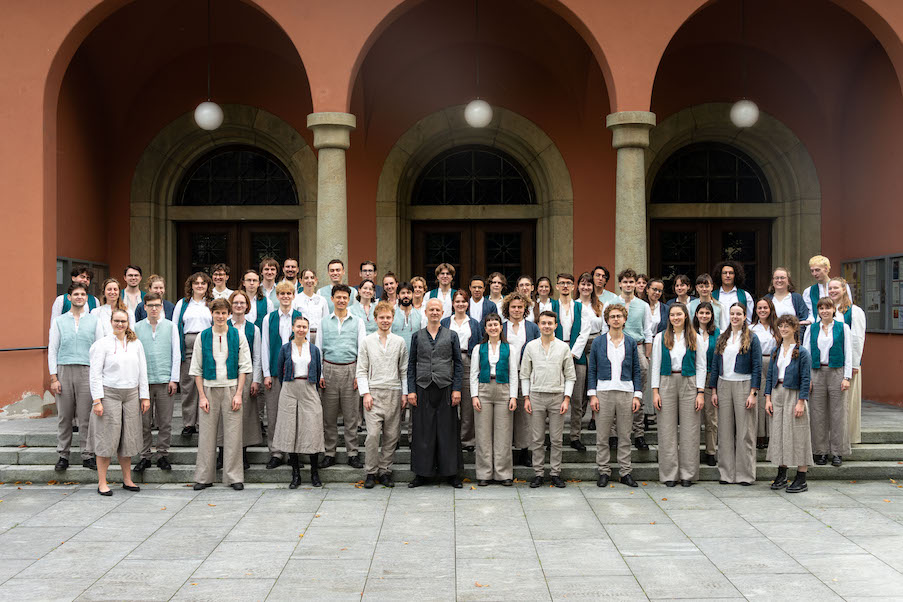Hindemith as pedagogue and dialogues with Stravinsky
Editions Allia recently published a teaching manual by Paul Hindemith and interviews with Igor Stravinsky.

Pedagogy played an important role in Hindemith's life. By the time he was in his thirties, he had already been appointed professor at the Staatliche akademische Hochschule für Musik in Berlin, and when he emigrated to the USA during the Second World War, he held, among other positions, the chair of composition at Yale University. On his return to Europe, he taught musicology at the University of Zurich. This teaching activity continued in his didactic writings, the most famous of which is Unterweisung im Tonsatz. Written in 1946, Elementary Training for Musicians was a response, on the one hand, to the fact that his pupils often suffered from the empiricism and superficiality of their theoretical knowledge of the elementary principles of music (rhythm, measures, notation, etc.), and, on the other, to the fact that, at the time, most solfeggio books did not offer a good mix of theory and practice. Editions Allia has published the French translation of this book, produced four decades ago by Robert Mermoud for Editions Lattès. Elementary music practicewhich, almost 80 years after it was written, remains a reference work in the field, requiring the active participation of students through countless progressive and diversified exercises.

Paul Hindemith: Pratique élémentaire de la musique, 320 p., € 20.00, Editions Allia, Paris 2024, ISBN 979-10-304-1889-7
Interviews with Stravinsky
The same publishing house also released the Conversations with Igor StravinskyThis is the translation of a series of five captivating interviews that American conductor Robert Craft conducted with the 75-year-old composer in 1957, at a time when the latter had been using serialism to create his last stripped-down scores. Their collaboration later produced five further volumes. Stravinsky's answers are precise, often objective, sometimes trenchant and uncompromising, covering a wide range of subjects: episodes from his life, his work, his writing techniques, his interpretation, the people he knew and admired (notably Debussy, Ravel and Satie), his relationship with musicians in his native country and with Diaghilev and the Ballets Russes. We might also mention his interesting reflections on post-war music and its future, and his advice to young composers. The two interlocutors also discuss other arts, mainly literature and painting, in particular the sets designed for ballets and other stage works by the author of The Rite of Spring. The book also features a rich black-and-white iconography.
Robert Craft & Igor Stravinsky: Conversations with Igor Stravinsky, 192 p., € 16.00, Editions Allia, Paris 2024, ISBN 979-10-304-1836-1








